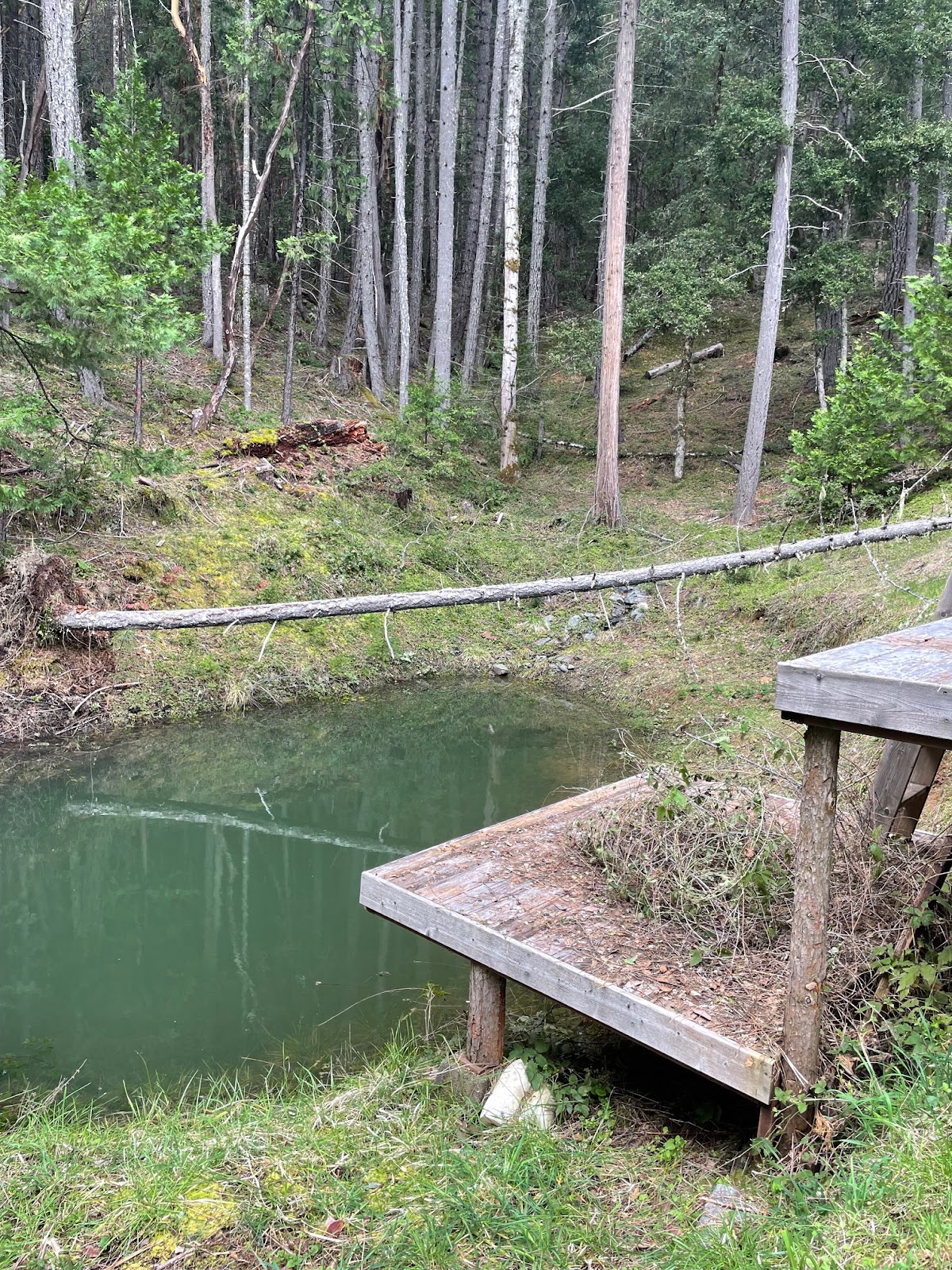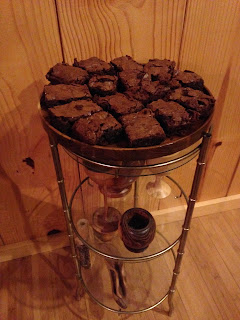Friday, April 26, 2024
About Those 800 Miles
Thursday, April 18, 2024
Walking 800 miles
Thursday, April 4, 2024
Hiking in Jacksonville's Forest Park
 |
| Manzanita hillside in the Applegate, not in Forest Park—just to give you an idea |
 |
| I love those old manzanitas! Here I'm hugging one on the Stein Butte trail. |
Friday, March 29, 2024
Poetry Recitations
Saturday, March 23, 2024
Swimming in My Own Pond
Thursday, March 14, 2024
Presenting a Paper on Hippie Food at the Northwest Anthropological Confrence
 |
| Ashland's farmers' market |
 |
| Folks at the China Grade commune, where I lived, 1969-71. I am kneeling, with the goat. |
Monday, March 4, 2024
And Snow It Did
 |
| It got worse—bigger trees—farther down the road |
Thursday, February 22, 2024
Where are the men?
Thursday, February 15, 2024
Back in the Classroom
Thursday, February 8, 2024
Plastic
Thursday, February 1, 2024
On the Elliott Ridge Trail with the Forest Serrvice
 |
| Madrone trees along the trail |
 |
| The Siskiyou Crest from the Stein Butte trail |
Friday, January 26, 2024
Was It Cold in Your Part of the Country?
Thursday, January 18, 2024
Words from My Father
Thursday, January 11, 2024
Winter Weather Warning
Thursday, January 4, 2024
A Party with Harmonious Parts
Concinnity, I think, just might be the secret to a good party.
"Concinnity" means "the harmonious arrangement of various parts," as at my New Year's Day party, the parts of which were:
Food. In the South, where I grew up, eating black-eyed peas on New Year's Day brings good luck throughout the year, so I gave my guests black-eyed peas and cornbread. And cookies—stained-glass cookies, rum raisin brownies, date bread, chocolate chip mint cookies—on plates around the room. There was wine, beer, or sparkling water. Later, I hand-ground coffee beans for fresh coffee. (See post on April 14, 2023, for a description of my coffee grinder.)
Atmosphere. A few days before the party, three friends came over to help me strew cedar boughs on the bannister and cedar swags along the wall, all accented with Christmas lights and Christmas-fabric bows.
With those boughs and Christmas cookies on the window-sill, the house looked festive and party-ready.
Theme. T. S. Eliot provided the theme:













